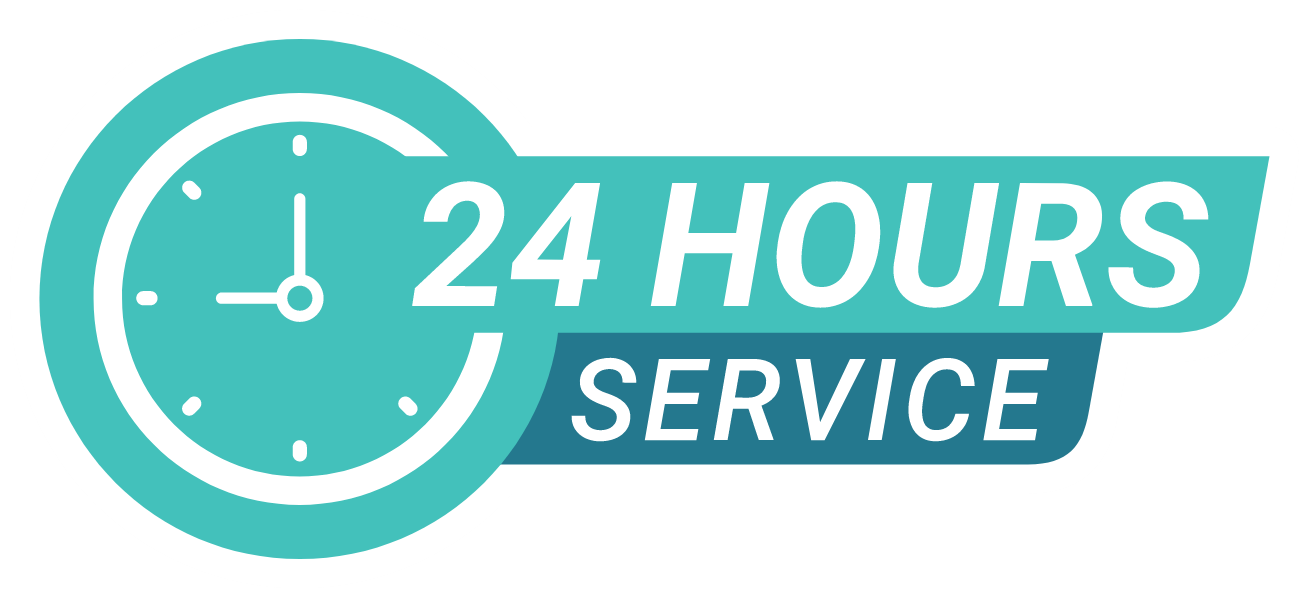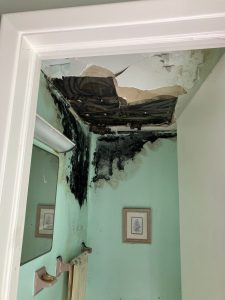DISCLAIMER: TRI STATE RESTORATIONS IS NOT AFFILIATED OR PARTNERED WITH ANY INSURANCE CARRIER OR AGENCY. WE DO NOT DIRECTLY RECEIVE BUSINESS FROM THESE ORGANIZATIONS. ALL OPINIONS WITHIN THIS PRESENTATION ARE BASED ON OUR EXPERIENCES WITH OUR CUSTOMERS AND IN NO WAY REPRESENT THE INSURANCE OR RESTORATION INDUSTRY AS A WHOLE. THE CONTENT IN THIS POST WAS STRICTLY PRODUCED FOR ENTERTAINMENT AND AWARENESS PURPOSES.
As a homeowner, you are responsible for damages that occur to your property. Your property’s insurance POLICY protects you against most common risks and hazards including: natural disasters, fire & smoke damage, water damage and flooding.
Since all properties are unique, just like every physical human body is unique, all insurance policies should be unique in their listed coverages and reflect your property’s current state.
When shopping for homeowner’s insurance it is important to ask questions so you fully understand what your coverage limits are. It is important to know upfront what your insurance carrier considers a covered loss is vs one that is not covered. When property disasters strike s not the time to check if you have coverage for that particular loss. We recommend an annual policy review with a local and licensed insurance agent or broker.
Your local agent will be able to create and/or adjust a policy fit to your property’s specific needs and are licensed to answer questions about your home’s policy and limitations.
Avoid these common mistakes when shopping for insurance:
- Get an online quote: Although it might seem like the easiest choice, it could leave a lot of gaps in your knowledge of the policy.
- Not asking questions: tying in with the first point, it is important to know and understand the coverage that you are agreeing to and all the exclusions. Pro-Tip: Make a list of all the coverage, coverage caps and exclusions you would like to have included in your property’s insurance policy.
- Not getting the property reassessed annually: This one is especially important when it comes to renewing or changing your policies. An insurance agent could give you more insights as to how often this should be done and what are the advantages.
Don’t be underinsured!
Insurance Carriers Consistently Undervalue Property Damage Repairs; Here’s What You Can Do As a Homeowner to Protect Your Investment:
- Know what the damage is and what is required for restorations: Our VBC series is a great resource to understand some of the processes of restorations. Don’t go to your insurance carrier without knowing the exact extent of damages and what is needed to bring it back to preloss condition. An IICRC certified firm like Tri State Restorations can give you this information so you can file the claim with assurance of what needs to happen.
- Advocate for yourself: Now that you know your policy and what it covers, you can go with that knowledge to your adjuster and have them review and explain the process and charges that they are covering or choosing to not cover.
- Get a company like Tri State Restorations on your side with a strong accounting team: Our accounting team has experience dealing with insurance adjusters and their requirements for documentation. We have seen all the tricks adjusters are trying to pull and have been able to successfully keep our customers out of pocket expenses low.
Will my insurance cover 100% of costs associated with a “covered” loss?
Insurance adjusters are looking out for their employer aka the carrier at the end of the day. Their job is to payout as little as possible, while maximizing your premium. Adjusters are banking on you not knowing your policy coverages and limits.
In our experience, adjusters rarely, if ever, obtain field experience by going to jobsites. They typically have very little knowledge of our industry’s standards (IICRC S500 and S540) or what it specifically takes to bring a property back to a pre-loss state. Their knowledge is limited to the text of the IICRC standards and they follow the carrier’s direction and discretion.
Every property and every disaster is unique. There really isn’t a one size fits all instruction guide when it comes to mitigation. Adjusters will often try to pay out your claim as if it was a one size fits all scenario , leaving the owner with unnecessary out of pocket expenses for incidentals that should be covered, and that’s unfortunately due to their lack of field knowledge and expertise.
Pro tip: Don’t talk yourself out of coverage! We recently put together a list with all the do’s and don’t’s when opening a claim. Check it out here: https://www.tristaterestores.com/insurance-claim-dos-and-donts/
To close, we’d like to share a friendly reminder that just because the loss is covered, does not mean there won’t be any out of pocket expenses. Insurance carriers will cover what they determine is necessary to restore your property, which unfortunately is not always what was necessary to bring things back to a pre-loss state.
Homeowners insurance is a great tool if used correctly, so we want you to be as prepared as possible, understanding your policy, what it covers and what your responsibility is as a homeowner. Reach out to your local insurance agent today and ask for a policy review!
Sharing is caring!







